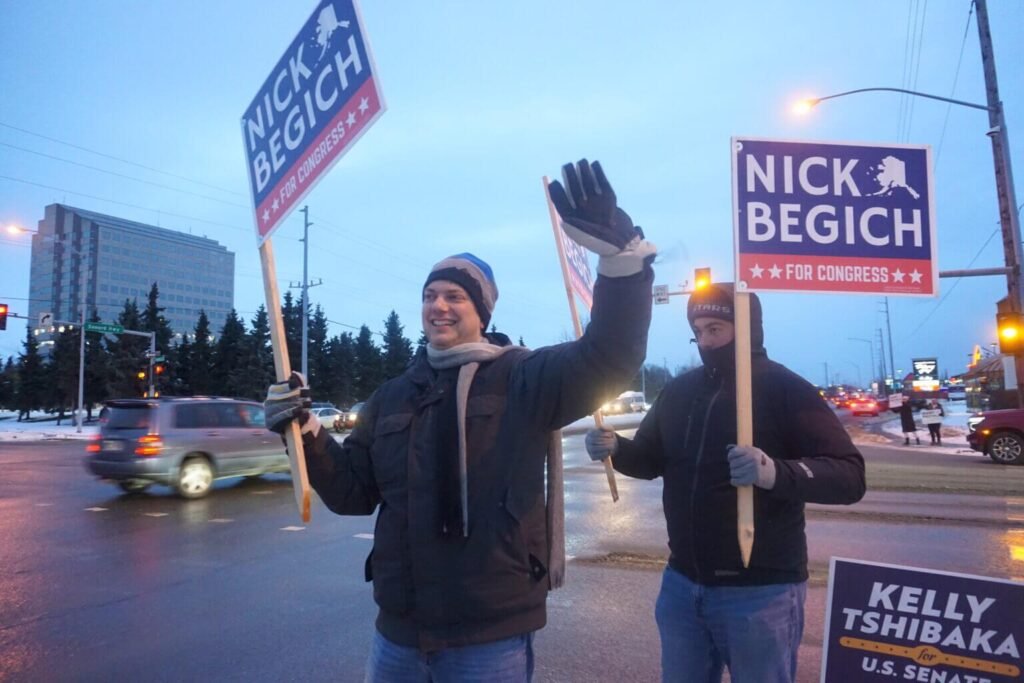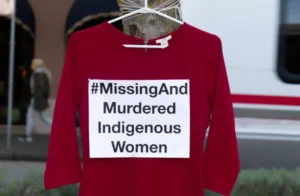In Alaska, some Republican candidates have vowed to withdraw from the general election if they don’t receive the most votes among fellow party members in the primary. Nick Begich III, who is running for Alaska’s U.S. House seat, made a campaign pledge in April. His campaign manager confirmed Begich still plans to abide by his promise.
Other Republican candidates in state legislative races have also signed similar pledges. Trevor Jepsen, a campaign consultant, wrote these pledges to “circumvent ranked-choice voting.” Jepsen believes this approach will help Republicans win seats they might otherwise lose due to vote-splitting.
In Senate District H, Republican challengers Tom McKay and Liz Vasquez are vying to unseat incumbent Democrat Matt Claman in a competitive three-way race. McKay signed the pledge, while Vasquez has not yet responded. Tom McKay believes the pledge will streamline the voting process and prevent ‘exhausted ballots,’ which occur when a voter’s ranked choices are eliminated, resulting in their vote not counting.
In House District 9, three Republicans are running against one independent. Two Republicans, Lucy Bauer and Brandy Pennington, signed the pledge. However, Lee Ellis refused, calling it an “ill-conceived effort” that ignores the district’s voting history.
Critics argue that these pledges harm the party by assuming voters will always choose along party lines. Scott Kendall, an attorney who helped author the ranked-choice voting legislation, says this approach is flawed. He believes it’s essential to consider the complexities of voter identification and the many independent voters in Alaska.
A proposed ballot measure seeks to repeal ranked-choice voting, which would eliminate the open primary system and allow parties to limit voting and candidacy in primaries. If approved, voters would choose only one candidate in the general election instead of ranking multiple candidates.










